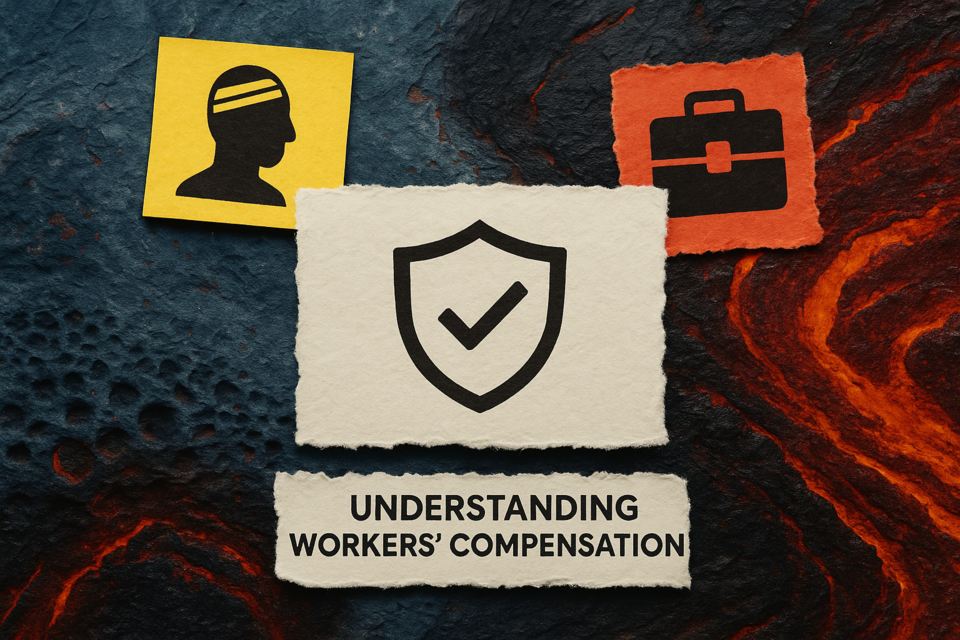Accounting & Bookkeeping 101 for Everyone
Learn the Fundamentals of Accounting Today!

Feel the thrill of discovery as you unravel mysteries from ancient accounting practices to modern financial strategies. With personalized guidance, each module is your stepping stone to mastery, making you fluent in the critical skills that today's dynamic market demands. By the end of this journey, you won't just understand numbers; you'll command them. Elevate your career, enrich your professional toolkit, and make your mark by becoming the financial navigator industries need. Embrace this unique opportunity and commit to embarking on a path that promises growth, relevance, and an unbeatable edge in your field. Enroll today--your brighter financial future begins now.
32 Hours average completion time
3.2 CEUs
24 Lessons
36 Exams & Assignments
937 Discussions
24 Videos
34 Reference Files
Mobile Friendly
Last Updated September 2025
Unlocking the World of Accounting: An All-Inclusive Online Course
Welcome to a transformative journey into the intricate world of accounting and bookkeeping. In the modern business landscape, understanding accounting goes far beyond the simple act of balancing books. It's an art and science that informs how we view financial health, viability, and sustainability.
Course Overview:
This extensive online course, "Accounting and Bookkeeping 101", is meticulously crafted with the novice in mind. Whether you're a budding entrepreneur or a professional seeking to broaden your financial literacy, our course offers a comprehensive exploration into accounting, ensuring you grasp the essential foundations. Designed for those with little to no prior knowledge, our modules delve deep into fundamental principles, illustrated with rich examples to aid comprehension.
-
Introduction to Accounting: Discover the indispensable nature of accounting and why it remains a pivotal skill in today's corporate landscape. For instance, did you know that according to recent statistics, over 80% of business failures attribute their collapse to poor financial management? Such insights emphasize why mastering accounting is crucial.
-
The History of Accounting: Trace back to ancient civilizations like Mesopotamia and Egypt, unearthing the evolution of accounting. Learn how the needs of empires and the complexities of trade birthed the foundational principles we employ today.
-
Fundamental Principles: From understanding terms like "revenue" and "net income" to dissecting the accounting equation, immerse yourself in the backbone of modern-day accounting. For instance, grasp how the accounting equation forms the basis for the double-entry system, a method used universally.
-
Financial Reports & Their Insights: Dive into balance sheets, income statements, and cash flow statements. For example, did you know that Apple's 2020 balance sheet reported a total of $143.8 billion in net receivables?
-
Bookkeeping Mastery: Unveil the nuances of proper record-keeping, the potential pitfalls, and the best practices that ensure financial transparency.
-
Advanced Topics: Delve into intricate topics like inventory management methods (FIFO, LIFO), asset management, cash flow intricacies, and more. Understand the profound impact of seemingly minor decisions. For instance, FIFO and LIFO can significantly alter reported profit, influencing stock prices and tax liabilities.
-
Specialized Accounting: From payroll accounting, which ensures timely and accurate employee payments, to the rigorous world of audits that validate financial accuracy, delve into specialized realms that cater to specific business needs.
-
Ethical Considerations: In an era where corporate scandals can cripple giants like Enron, understand the profound importance of ethical accounting practices and the role they play in ensuring long-term business viability.
By Course End:
Upon completing this course, you'll wield the knowledge and confidence to navigate the complex corridors of financial statements, ensuring you're never left in the dark. You'll understand the logic behind crucial business decisions, be it in managing cash flows, assessing profits, or even evaluating a company's long-term solvency.
Moreover, you'll be equipped with an invaluable skillset that enhances your professional trajectory, irrespective of your field. As stated by a recent Forbes article, "In today's data-driven age, understanding financial metrics is a non-negotiable skill, irrespective of one's role."
So, embark on this enlightening journey with us. Decipher the language of business, and unlock a world of opportunities. Enroll now and elevate your professional prowess!
- Financial literacy enhancement
- Understanding financial health indicators
- Comprehensive bookkeeping skills
- Proficiency in financial report analysis
- Ethical accounting practices
- Business risk assessment proficiency
- Advanced financial decision-making
- Strategic cost and asset management
- Cash flow optimization techniques
Choose from plans starting at just $16/month (billed annually)
See Your Team Succeed
Empower your team instantly with an integrative group enrollment system. Purchase licenses in bulk with Group Discounts.


























